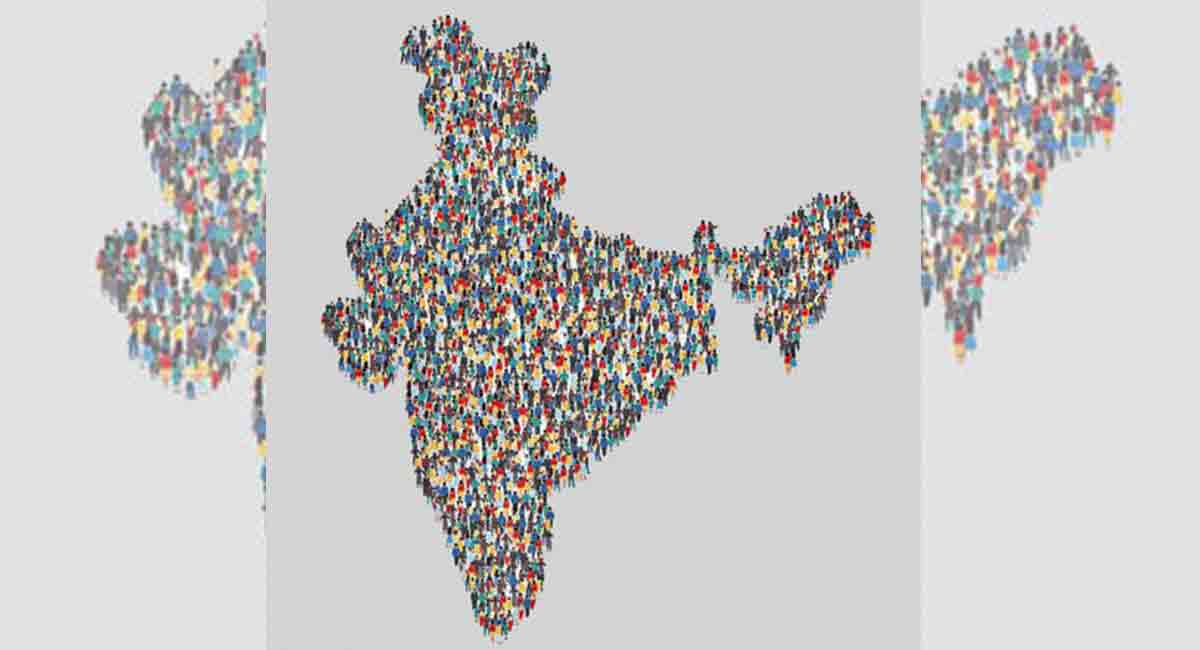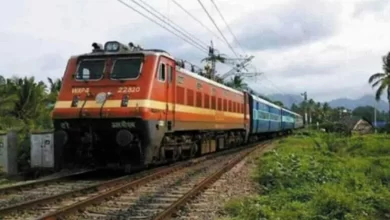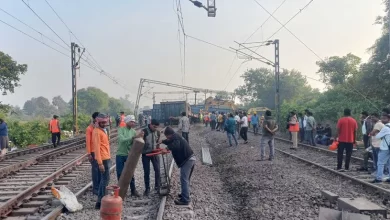Telangana’s demand for caste census gains momentum with Bihar joining chorus

Hyderabad: Telangana’s demand for caste-based census has just got strengthened with Bihar joining the chorus. Bihar Chief Minister Nitish Kumar on Monday initiated efforts to hold an all-party meeting on caste-based census, which has become a highly emotive issue in the State.
Telangana was probably the first State to have the Assembly pass a resolution twice (in both first and second Assembly terms) in support of the caste-based census. Tamil Nadu and Andhra Pradesh too joined the chorus and the respective State Assemblies have passed resolutions in this regard. Karnataka, during Congress regime, too proposed to take up a caste-based census. Though the issue was raised in other States as well, none of the other State Assemblies adopted any such resolution.
Many regional and national parties have responded positively to the requests from the BC and other caste-based organisations. However, the union government led by the Bharatiya Janata Party (BJP) has kept its options open.
While the BJP has been claiming that it was not opposed to caste-based census, the Central government remained non-responsive to the repeated requests from Telangana and other States. Surprisingly, the union government filed an affidavit in the Supreme Court expressing its inability to take up the caste census in the country. The caste census has been the NDA government’s unfulfilled promise to the people of this country.
Chief Minister K Chandrashekhar Rao had been vocal over the importance of taking up the caste census in the country, as part of the upcoming Census 2022, to identify socially, economically, and educationally backward communities and increase reservations proportionate to their population.
During a debate on Dalit Bandhu scheme in the Assembly last year, he pointed out that a mismatch between the population and the reservation extended to Scheduled Caste (SCs) and other communities, was making it difficult for the State government to implement welfare and development schemes to ensure social justice to these communities.
In the absence of reliable data reflecting the ground realities, it has become a Herculean task for the States to achieve effective results in reducing the socio-economic inequalities and uplift the disadvantaged sections out of poverty and deprivation. Further, the governments have been unable to make changes in the reservations in the absence of reliable data pertaining to the specific communities. As a result, eligible persons are being denied reservations in education and employment opportunities.







